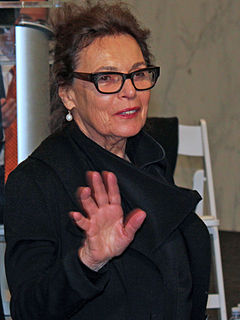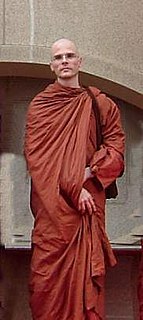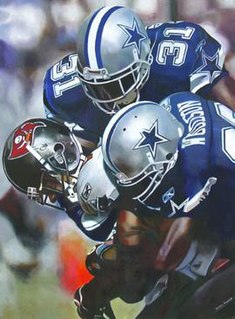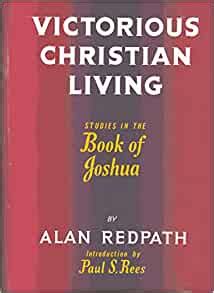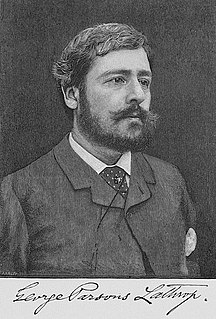A Quote by Pat Steir
An artist needs to become familiar with that which is most hidden from the self by the self. For this one thing which one fears to know is often the driving force in one's life. These recognitions seen in art are the difference between decent, extraordinary and great.
Related Quotes
Art is a creative effort of which the wellsprings lie in the spirit, and which brings us at once the most intimate self of the artist and the secret concurrences which he has perceived in things by means of a vision or intuition all his own, and not to be expressed in ideas and in words-expressible only in the work of art.
Exhibitions of minority art are often intended to make the minority itself more aware of its collective experience. Reinforcing the common memory of miseries and triumphs will, it is expected, strengthen the unity of the group and its determination to achieve a better future. But emphasizing shared experience as opposed to the artist's consciousness of self (which includes his personal and unshared experience of masterpieces) brings to the fore the tension in the individual artist between being an artist and being a minority artist.
Realism sets itself at work to consider characters and events which are apparently the most ordinary and uninteresting, in order to extract from these their full value and true meaning. It would apprehend in all particulars the connection between the familiar and the extraordinary, and the seen and unseen of human nature.
If the denial of death is self-hatred, as it is to deny our freedom and live in fear of death (which is to say, to live in a form of bondage), then the acceptance and affirmation of death is indeed a form of self-love. But I'd want to make a distinction between a form of self-love which is essential to what it means to be human, and a narcissism of self-regard, like Rousseau's distinction between amour de soi and amour propre, self-love and pride.
